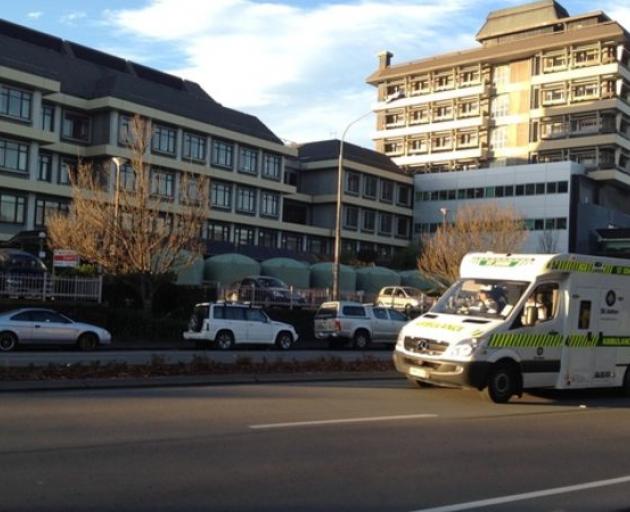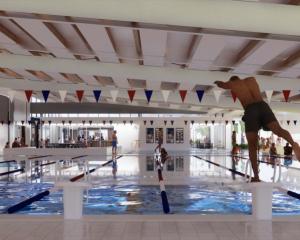
The Canterbury District Health Board has voted to accept a "reduced cost" ward block with only two floors actually fitted out and three as empty shells after its $440m plan developed alongside government for three years was knocked back.
Jo Kane is one of two members on the 11-person board who voted against approving a truncated Tower 3 and said Canterbury people would be "horrified" to know what was being done to their hospital.
"The board could have and should have said 'no, we cannot do this'."
Her attempt to get board backing for at least six storeys of wards, with foundations strong enough to add more floors, failed.
Now the ward is limited to five storeys that cannot be added to.
"It's ironic. Here we are in the middle of Covid and infrastructure programmes are being asked for - that in Christchurch, we have a stadium, a convention centre, a Metro Centre, all fully costed, but in health, we're expected to continue with building substandard buildings.
"I won't [have] a bar of it.
"This building is not fit for purpose. It goes against the advice of clinicians and our staff, and you do that at your peril."
Canterbury faces soaring patient demand, partly because the population is growing faster than was expected after the 2010 and 2011 earthquakes.
Kane said the board should have sent the decision on the new ward back to Health Minister David Clark and Finance Minister Grant Robertson - the shareholding ministers - who on Monday are expected to decide about the tower.
"If they will put their hand on their heart and say 'yes, Canterbury, that's all you're getting', then they're responsible and they're accountable for the train wreck that will happen," Kane, a board veteran, said.
She planned to write to the Ministers today.
After RNZ asked why an urgent decision had been pushed on to board members at a closed-door meeting on 1 May, DHB chair Sir John Hansen said the strains on health funding meant neither they, nor the government, had much option.
The board and clinicians saw it as a "sub-optimal" outcome.
"But we had to go ahead as quickly as possible. There was a feeling this money could be at risk," Sir John said.
The other dissenting board member, Andrew Dickerson, said he understood the need to move with haste, but the board had not, in fact, exhausted its options.
"I believe we should have gone back to the Minister of Health and explained that this project would not meet our community's future health needs," Dickerson said.
"I don't believe that the board had met with the Minister of Health to discuss those concerns, [though] he certainly met with the clinical leaders."
In that meeting last July, the clinicians told Clark the region's hospital systems were on the point of failure and staff were at their wits' end.
He refused to support a truncated Tower 3 the senior doctors had opposed.
The Capital Investment Committee that advises the Ministers gave the board no detailed reasons why $150m was the limit for funding the new ward block, Dickerson and Kane argued, even though the committee had access to all the planning showing that was not nearly enough.
Kane said all they had was hearsay, and the Committee never fronted up.
Dickerson said the $150m limit appeared to be "plucked from the air".
"It was never clear to me where that figure came from," Dickerson said.
"It was like it was plucked from the air that this is how much we've got available.
"There is this perception that Canterbury has received a lot. But the Crown's contribution to the capital expenditure on our hospital buildings has been negligible."
An OIA showed the Crown had put between $58m of $700m towards capital expenditure since around the time of the earthquakes.
Kane said hospital underfunding was the reason New Zealand had to stay in Covid-9 level 4 lockdown, because it meant the system could not cope.
She said that what was worse was so many decisions being made behind closed doors.
"If Canterbury knew what was really happening to the Canterbury health system, they would be horrified. I am horrified," she said.
RNZ has approached the Ministers of Health and Finance for comment.













